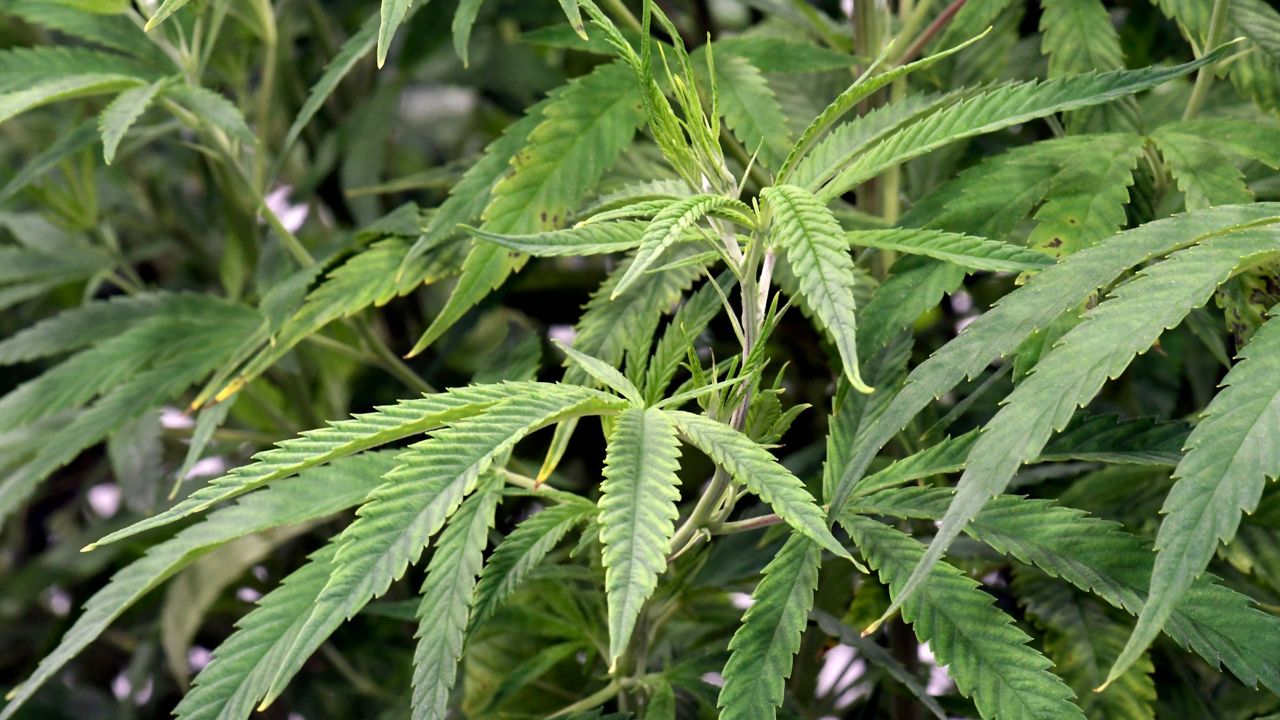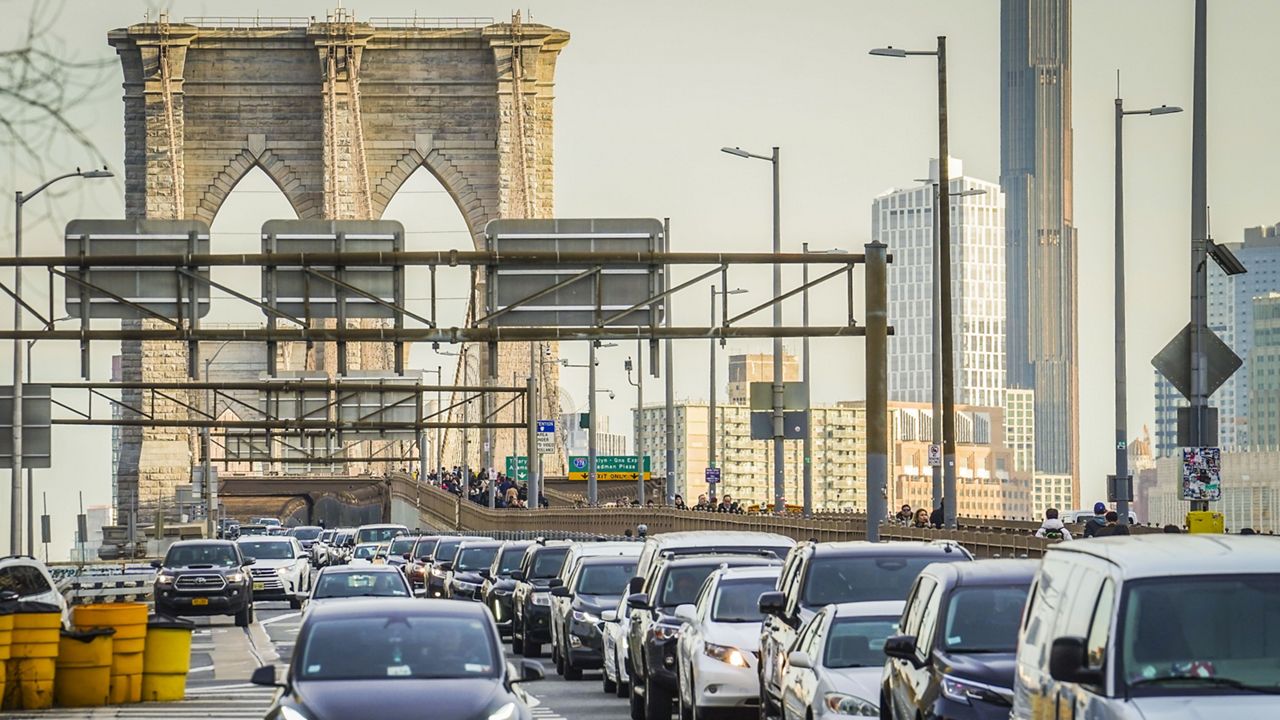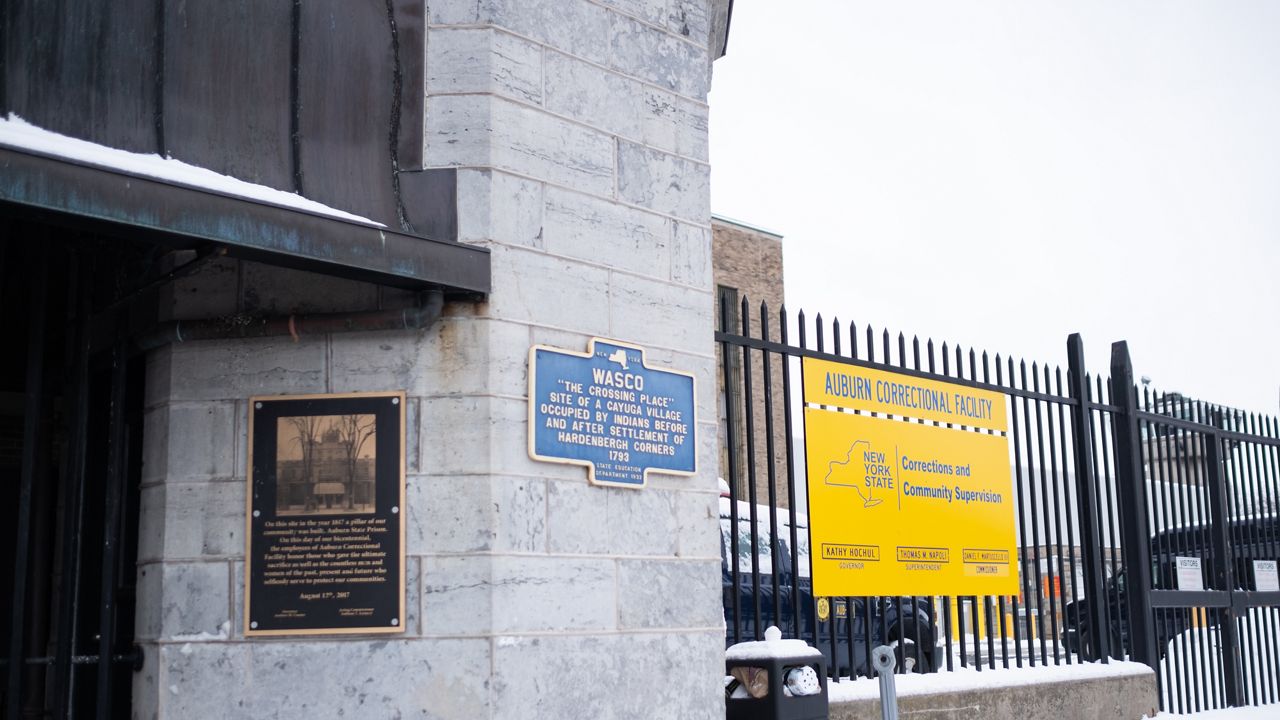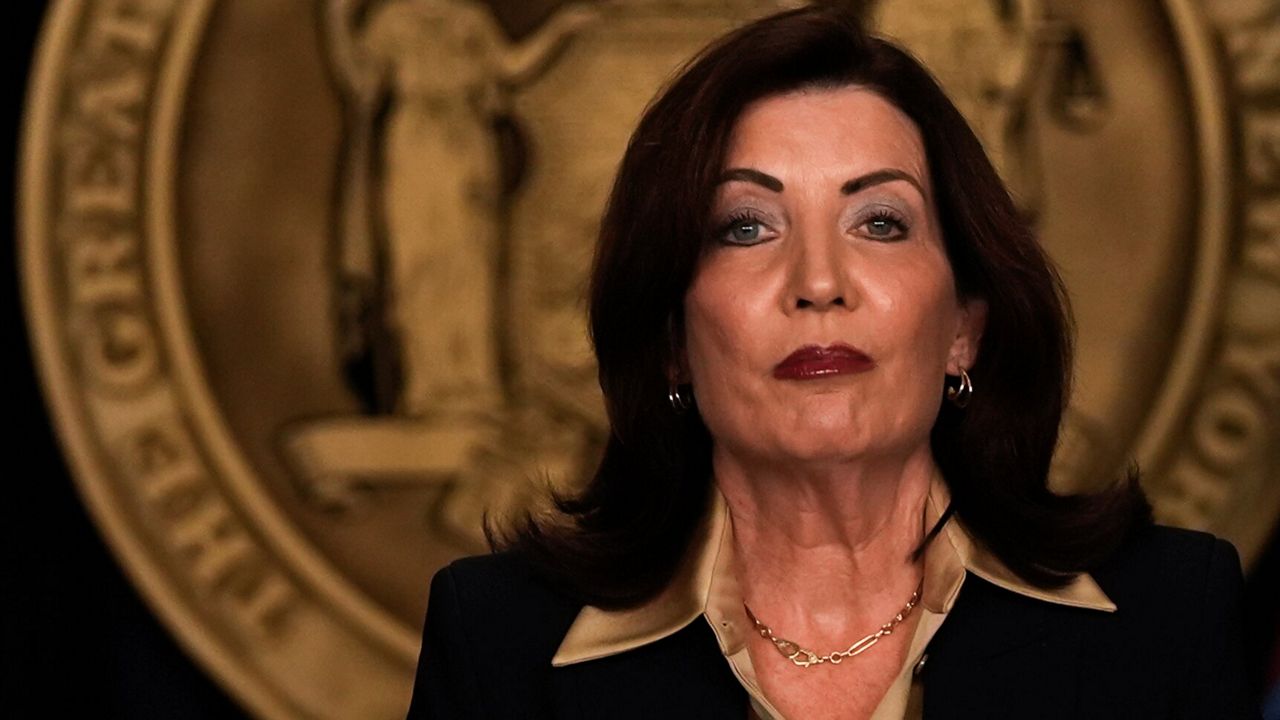Additional penalties and shutting down businesses will be used to crack down on illicit cannabis sales in New York under an agreement reached in the $229 billion state budget.
The spending plan, approved on Tuesday, included the provisions as the state's marketplace for legal cannabis businesses is trying to get off the ground.
Here's why lawmakers and Gov. Kathy Hochul acted, and what the new measures will do:
1. Why are New York officials addressing this issue?
New York's legal cannabis sector was supposed to take off in earnest this year, with businesses run by people who were once prosecuted under prior marijuana laws first in line for licenses.
Legal cannabis businesses have been limited in some areas amid lawsuits over the licensing procedure. But state officials have also been concerned with the rise of so-called "grey market" businesses that continue to sell cannabis and cannabis products without licenses.
Aside from not receiving any tax revenue from the businesses selling cannabis illegally, state regulators have also been concerned with the safety of marijuana products being sold at these businesses.
2. Will state officials investigate?
The state budget expanded the authority of the state Department of Taxation and Finance and regulators at the Office of Cannabis Management to inspect stores believed to be selling marijuana illegally. The agencies will be able to conduct administrative searches of unlicensed stores.
Searches cannot be conducted in private residences that are not being held out as businesses. The budget also expanded the definition of tax fraud to include the failure to collect taxes on cannabis sales.
3. What will the penalties be?
State officials will be able to issue new civil fines and potentially shut down businesses for selling cannabis illegally.
The Office of Cannabis Management will be able to seek a restraining order or injunction in court to prevent businesses from selling cannabis without a license.
State authorities will also be able to tell landlords that their commercial tenants are running unlicensed cannabis businesses. Landlords will have the authority to evict those stores for selling cannabis illegally. If landlords fail to act, state officials can also take action against the stores and fine the landlord.
Fines will range from $50,000 to $100,000 for selling cannabis illegally depending upon the number of violations.
4. Will there be new crimes created?
Selling cannabis without a license by a business a misdemeanor and expands the definition of tax fraud to encompass selling illegally. But the provisions largely rest on the enforcement of the civil penalties, including the fines and closing a business.
Democratic lawmakers in the state Senate and Assembly had wanted to thread a needle in addressing the issue: Not re-creating previous marijuana laws, but at the same time finding a way to have the legal industry grow.








